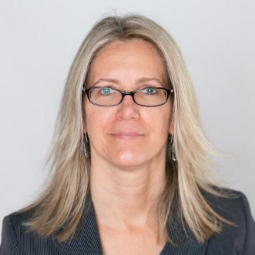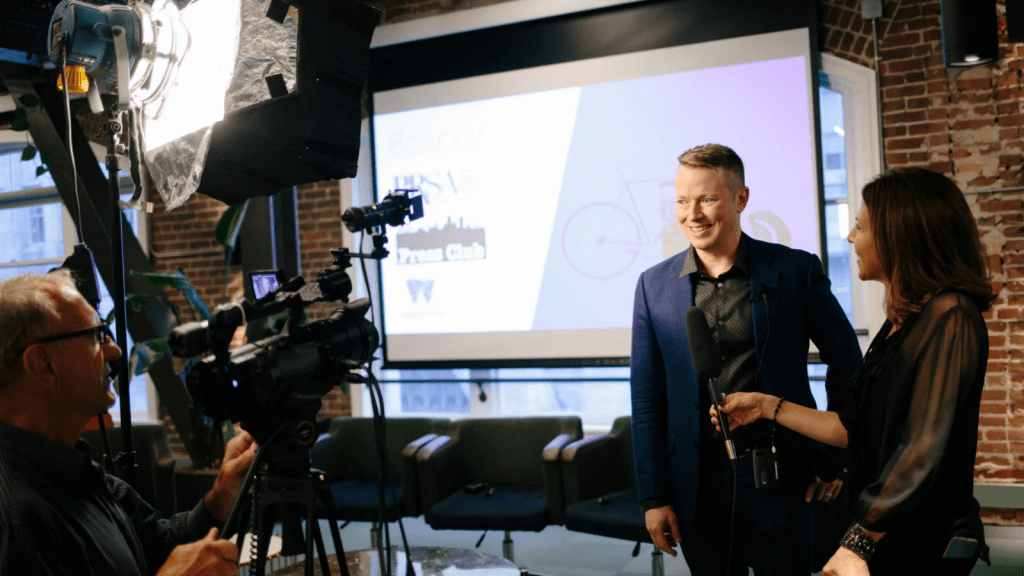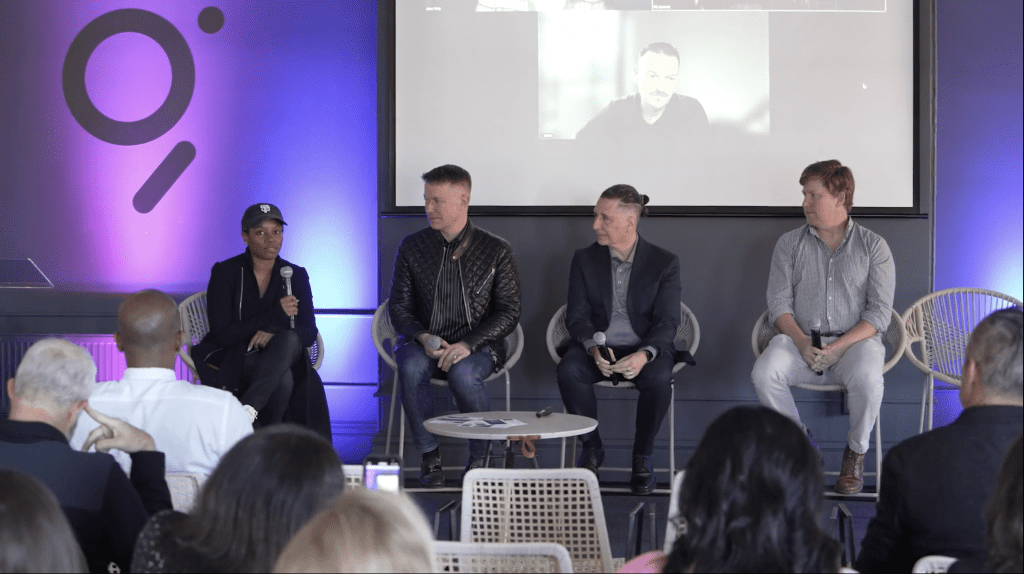Just before Kamala Harris squared off against Donald Trump in a decisive presidential debate on Sept. 10, Bospar kicked off our Say It to My Face campaign encouraging Americans to speak up constructively and have the important conversations around this election in person. That’s not a one-and-done.
We’re still at it. To gain traction and make a difference, we’ve all got to do it again.
And again.
Much has happened in a few short weeks since round one, including a competitive vice presidential debate where Vance showed polish and Walz came off somewhat more “reasonable” and more “prepared to be President” to polled Americans.
Abroad, the Middle East war is expanding, and Putin is threatening nuclear weapons use in Ukraine.
We’ve also faced back-to-back, history-making hurricanes that have caused mind-numbing catastrophes in the East. Helene’s path devastated Florida’s Gulf Coast and parts of key swing states North Carolina and Georgia, while Milton’s wrath is again directed at one of Florida’s major population centers. The once solidly purple-state-turned-red may be back in electoral play, as testy partisan jabs fly — when no one in Florida is in a mood to hear them.
And across all battleground states, mail-in voting is under attack.
The future really does depend on what people like you and I decide to do. What younger people decide to do. What those on the fence and those generally uninterested in politics decide to do.
Changing minds and moving people to action in our highly polarized climate — where it seems the forces of nature and personality in each of us collide — is no easy task. But persuasive communications experts say change can happen when empathy, common ground, personal stories and introspection are exchanged and boundaries are present.
In an election context, those difficult, empathetic conversations that change hearts and minds are ripe to happen when political participation is high.
Open the big umbrella of political participation — and vote like a force of nature
It’s when people are disengaged from civics and political participation that corruption takes hold and egregious abuses of power rise unchecked. When people turn away from government and don’t participate, accountability and democracy itself wilt.
Political participation is the term political scientists use to capture the big umbrella of activity people engage in to influence government action directly or influence the people who make policies.
Our campaign’s end game is not just to remind you of the most essential kind of political participation, voting, but to ask that you encourage others to vote, too. Use vote.gov in your quest to do this. In a few easy clicks anyone can:
- Register to vote
- Update your name, address, or political party if you’re already registered
- Check your registration status
- Get a voter registration card
In fact, we asked friends ‘how can you personally help our country be its best?’ They told us to our faces — and here’s what they said:
It can be helpful to be prepared by making a voting plan. To spur others, consider hosting a voter registration event, using resources from Rock the Vote.
But don’t stop there. Consider at least one other avenue of political participation that creates positive change:
- Contact public officials. Traditional methods have included calling their offices and writing letters or emails. Those have always been more effective than many think and still are, but so too is thoughtful communication on socials — DMs, comments, reposts, and tagging. All of the contact and the nature of concerns are tabulated and shared with elected representatives. Think about what you want to say to officials and candidates — like these friends have:
- Contribute grassroots money to campaigns and PACs. Your money buys outreach and ads. Whether we like it or not, this is proven to be essential for any campaign victory.
- Civil disobedience, boycotting, and protest. Some bristle at this kind of political participation and use trespass laws and other methods to counter, but peaceful protest is one of the most fundamentally American activities in democracy’s toolkit. The First Amendment’s free speech and free assembly clauses envision protest.
- Take part in issue support activities. Want to get involved, but not ready to tie yourself to a tree? Attending concerts and sporting events organized to raise awareness of an issue and mobilize resources does help. While there are important reasons not to be a single-issue voter, democratic change is often spurred by those who think deeply about and are passionate about issues most important to them:
- Volunteer for issue-oriented groups. Want to go a step further? SPLC, Common Cause, and many trustworthy nonprofits seek volunteers and lobby the government for better policy.
- Be an active member of a political party and/or work on a campaign. Canvassing, organizing debate watch parties, attending fundraisers, rallies, and special events all build action and excitement — and move the needle.
- Run for and hold office. Start with your town council, zoning board, or county commission. These positions often influence our lives and communities directly. Go from there!
Power through the frustrations
Five men became president, despite having lost the popular vote, three of them before the year 1900, John Quincy Adams, Rutherford Hayes, and Benjamin Harrison — and two since the year 2000, George W. Bush and Donald Trump.
One of the very few ways to counter the anti-democratic compromise of the Electoral College in our Constitution and the frustration it creates is to turn out the vote in numbers too large to deny, especially in swing states. Though, remember, it helps in every single state, since the presidential election isn’t the only meaningful race. A third of the Senate is up for reelection and all of the House of Representatives, not to mention huge numbers of state and local officials.
There’s much that can be frustrating when we communicate about politics. When people engage from dramatically different starting points or different levels of factual knowledge and reason, a meaningful conversation might not be possible. You can’t effectively debate someone who won’t stipulate a baseline reality. Sometimes, too, if people don’t experience a thing firsthand and feel the impact themselves, they might not relate to the gravity, intensity, or disruption that situation causes others.
What’s more, deepfake AI-generated images and misinformation during a disaster like Hurricane Helene can feel offensively frustrating too, as those practices erode public trust and advance bitter partisanship at a time when people need each other. The digital propaganda about FEMA has intensified, for example, and the agency posted a Rumor Response page to set the record straight — but that’s still ignored by those vested in falsehoods.
So many more frustrations plague our politics. In the past 25 years, American elections have suffered direct, unprecedented damage. It’s always OK to respectfully walk away from some conversations. But in the face of it all, we can learn from a force of nature like Stacey Abrams, who took on voter suppression, as recounted in the documentary All In. Open and participatory dialogue and action that drive the vote across every age, every region, and every demographic are the only things that will keep American elections free and fair.




